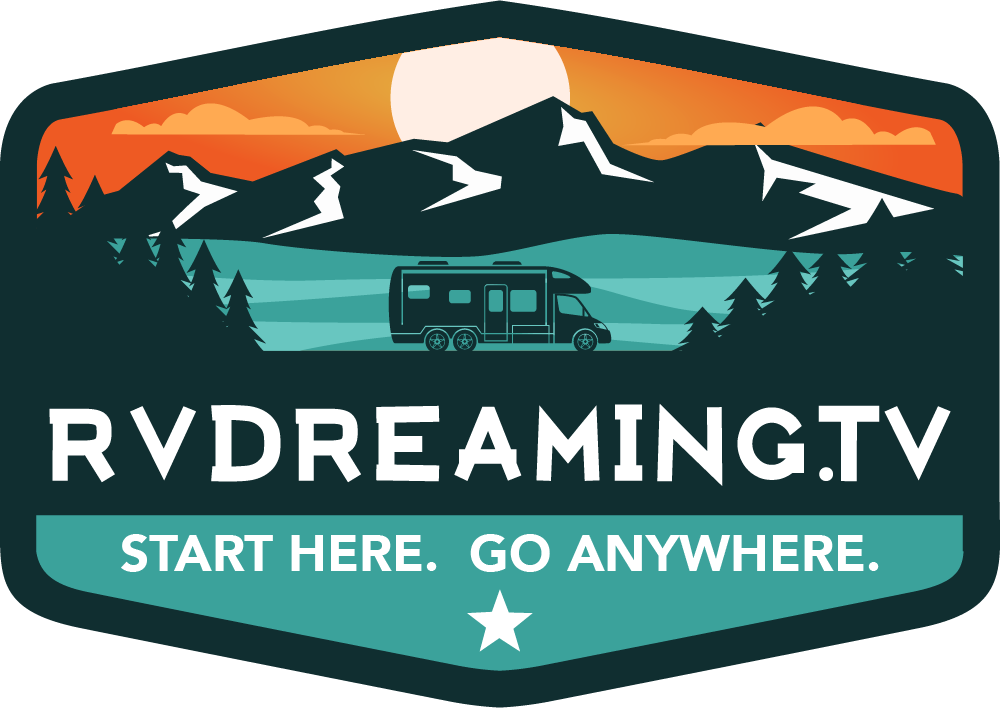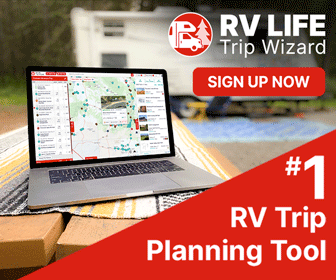
Finding and staying in campsites or RV parks
One of the challenges of full-time RV living is finding places to stay. There are many resources available to help you find campsites and RV parks, such as websites like RV Park Reviews and Campendium, as well as apps like AllStays and Campground Navigator. When selecting a campsite, consider factors such as cost, location, amenities, and availability. Some RVers prefer the convenience and amenities of RV parks, while others prefer the solitude and natural surroundings of boondocking (camping without hookups).
Dealing with maintenance and repairs on the road
Living in an RV full-time means that you’ll need to be prepared to handle maintenance and repairs on the road. Some tasks, such as changing the oil or replacing a flat tire, are relatively straightforward. Others, such as repairing a leaky roof or fixing a broken water heater, may require more specialized knowledge or tools. It’s a good idea to carry a basic set of tools and supplies, as well as a spare parts kit, to help you deal with common issues that may arise.
Coping with the isolation of full-time RV living
One of the biggest challenges of full-time RV living is the isolation that can come with being on the road. It can be difficult to maintain relationships with friends and family, and you may feel lonely or disconnected from your usual social network. It’s important to find ways to stay connected, such as through social media, phone calls, or video chats, and to make an effort to meet new people and build new relationships on the road.
Staying healthy and fit while living in an RV
Living in an RV can present some unique challenges when it comes to maintaining a healthy lifestyle. For example, you may have limited space for exercise equipment or access to healthy food options. It’s important to find ways to stay active and eat well, such as by going for walks or runs, finding local parks or gyms to use, and cooking healthy meals at home.
Keeping your RV clean and organized
With limited space and storage in an RV, it’s important to be organized and keep your living space clean. This may involve finding creative ways to store and organize your belongings, such as using under-bed storage bins or hanging organizers. Regular cleaning and decluttering can help keep your RV feeling fresh and comfortable. Finding and maintaining a sense of community on the road: One of the benefits of full-time RV living is the opportunity to meet new people and build a sense of community on the road. There are many ways to do this, such as joining RV groups or clubs, attending RV rallies or events, or volunteering in your community. Maintaining connections with other RVers can help you feel less isolated and provide a sense of belonging.
Dealing with weather-related challenges while RVing
Weather can be a major factor when it comes to full-time RV living, and it’s important to be prepared for a range of conditions. This may involve packing appropriate clothing and gear, such as rain gear or cold-weather gear, and being ready to adapt your travel plans if necessary. It’s also important to be aware of potential hazards, such as flash floods or extreme heat, and to take appropriate precautions to stay safe.
Boondocking, or camping without hookups, is a popular option for many full-time RVers
There are many resources available to help you find boondocking locations, such as websites like FreeCampsites.net and Campendium, as well as apps like AllStays and Boondockers Welcome. When boondocking, it’s important to be self-sufficient and prepared to be without amenities such as electricity and running water. This may involve carrying extra supplies, such as water, food, and fuel, and conserving resources, such as by using a solar panel or generator to power your RV.
Traveling with pets in an RV
Many full-time RVers travel with pets, and there are some things to consider when doing so. It’s important to make sure your pet is comfortable and safe in the RV, and to be prepared to deal with any issues that may arise, such as motion sickness or separation anxiety. You’ll also need to make sure your pet is up to date on vaccinations and have a plan for their care while you’re on the road.
Dealing with the emotional challenges of full-time RV living
Full-time RV living can be a rewarding and exciting experience, but it can also be emotionally challenging at times. Being away from friends and family, and dealing with the isolation that can come with being on the road, can be difficult. It’s important to take care of your mental health and find ways to cope with these challenges, such as by staying connected with loved ones, finding ways to relax and destress, and seeking support if needed.

















Trackbacks/Pingbacks